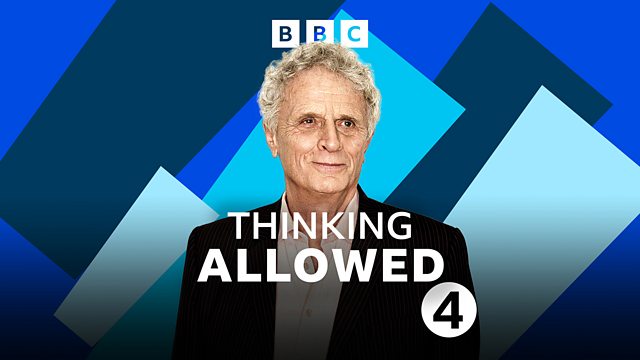Rational Voter - Drugs in Afghanistan
Laurie Taylor discuss whether electorates in democracies are irrational and if it matters, as well as, exploring the culture of heroin growth and use in contemporary Afghanistan.
RATIONAL VOTER
In 1957 Anthony Downs wrote An Economic Theory of Democracy in which he tried to imagine an electoral world in which everyone behaved rationally.聽 He concluded that from a strictly rational point of view there is no point in voting and that there is no point in expanding time and effort learning about politics, that in effect it was rational to be ignorant. In his new book The Myth of the Rational Voter: Why Democracies Choose Bad Policies, Professor Brian Caplan develops the idea that voters are worse than ignorant, they are in fact irrational and vote accordingly. On the day before local and regional elections, Laurie Taylor is joined by Professor Bryan Caplan, and Paul Whiteley, Professor of Government at the University if Essex and Co-Director of the British Election Study to discuss whether electorates in democracies are ignorant and irrational, and if so whether it matters.
DRUGS IN AFGHANISTAN
In 1999 Sociologist David MacDonald became the Drug Demand Reduction Specialist for the United Nations鈥檚 Afghanistan programme, working for a number of counter narcotics projects in Kabul. Since 2006 he has become an independent consultant on drugs and development. David Macdonald has just published a book called Drugs in Afghanistan: Opium, Outlaws and Scorpion Tales talks about the culture of heroin growth and use in contemporary Afghanistan.
Last on
Broadcasts
- Wed 2 May 2007 16:00大象传媒 Radio 4
- Mon 7 May 2007 00:15大象传媒 Radio 4
Explore further with The Open University
大象传媒 Thinking Allowed is produced in partnership with The Open University
Download this programme
Subscribe to this programme or download individual episodes.
Podcast
-
![]()
Thinking Allowed
New research on how society works


